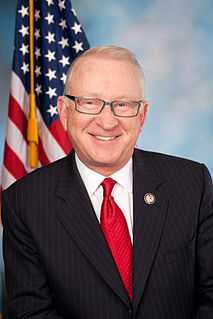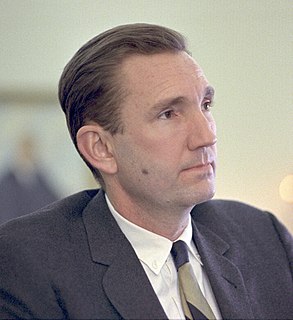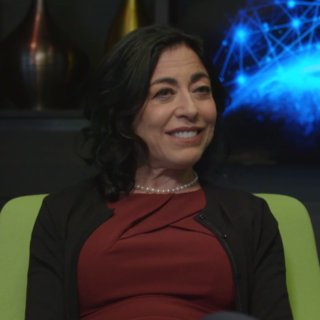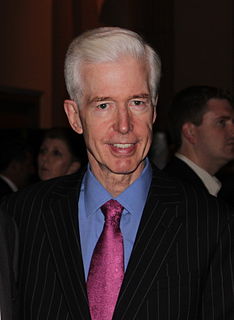A Quote by Orrin Hatch
The only ones who will see an increase in pay are some of the trial lawyers who bring the cases.
Related Quotes
Most lawyers aren't trial lawyers. Most lawyers, even trial lawyers, don't get their problems solved in a courtroom. We like to go to court. It seems heroic to go to court. We think we're the new, great advocates, better than anything we've seen on TV, and we come home exhilarated by having gone to court.
The ethical practices of lawyers are probably no worse than those of other professions. Lawyers bring some of the trouble on by claiming in a sanctimonious way that they are interested only in justice, not power or wealth. They also suffer guilt by association. Their clients are often people in trouble. Saints need no lawyers: gangsters do.
The issue is not whether there are horrible cases where the penalty seems "right". The real question is whether we will ever design a capital system that reaches only the "right" cases, without dragging in the wrong cases, cases of innocence or cases where death is not proportionate punishment. Slowly, even reluctantly, I have realized the answer to that question is no- we will never get it right.
I practiced law for 10 years, and I always admired the lawyers who were not afraid to take unpopular cases. And I never had the guts to do that. I was playing it safe. I was trying to make a living. And I just never volunteered for a really tough case, and there were some of them I should've taken. And I admired the lawyers who did.

































